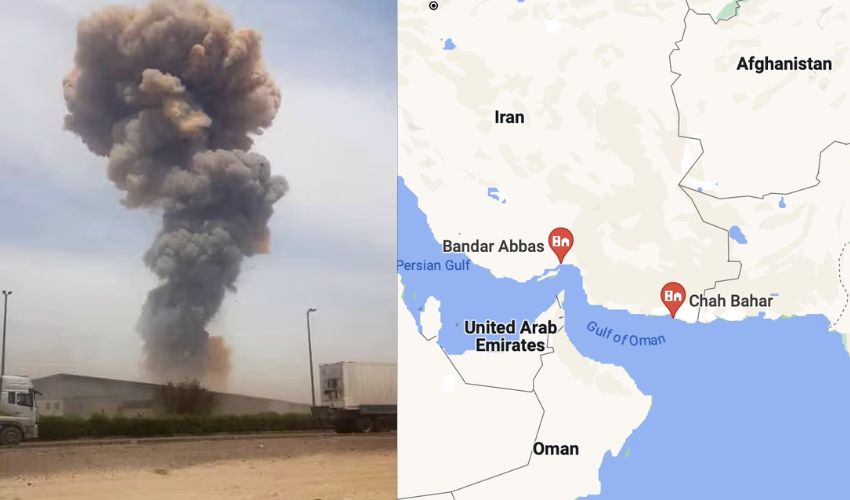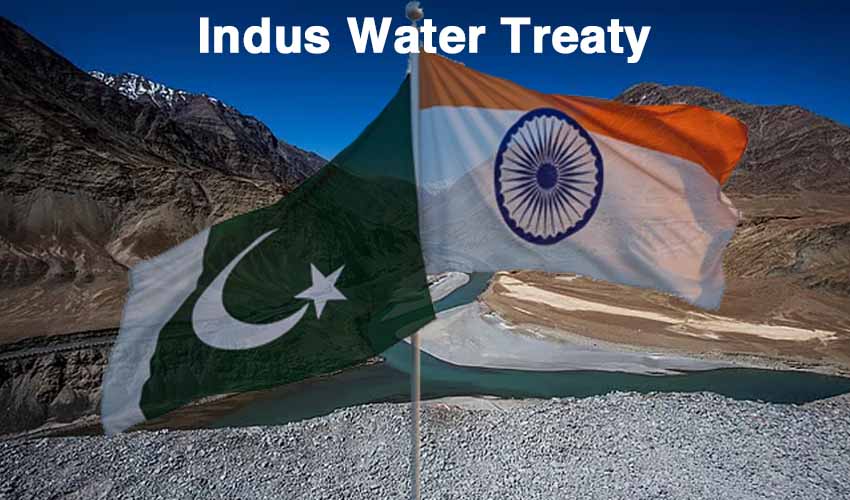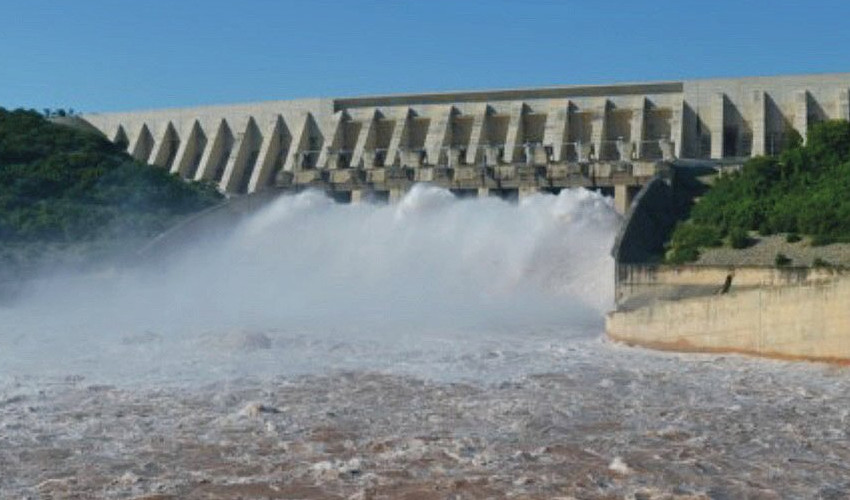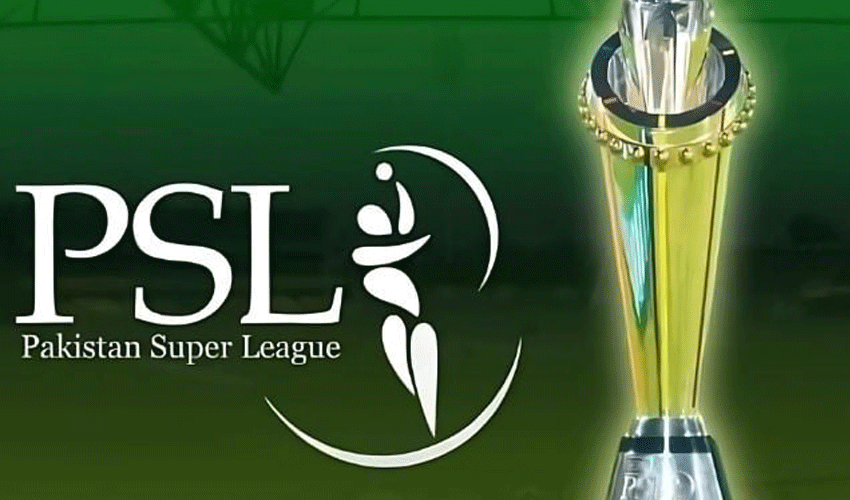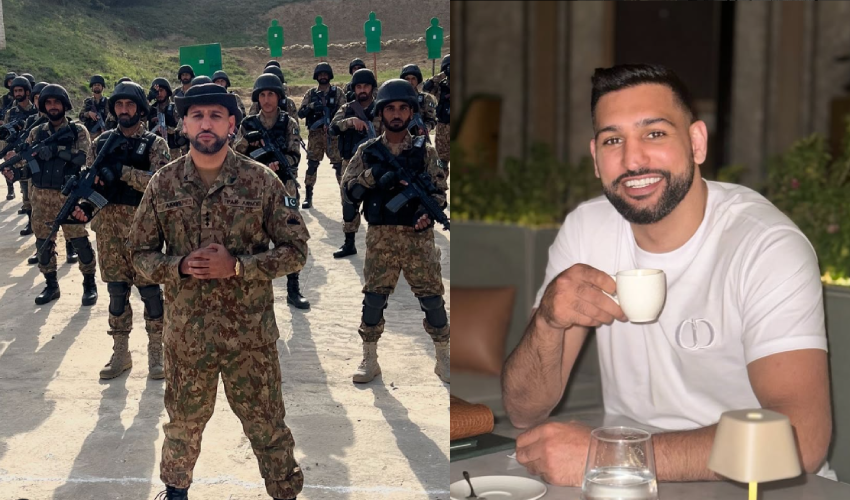After the attack in Pahalgam in Indian Illegally Occupied Jammu and Kashmir, tensions between Pakistan and India escalated, abruptly changing the regional atmosphere. As usual, India laid the blame on Pakistan. Pakistan demanded that a neutral third party conduct an inquiry into the incident, stating that “we do not trust India”.
Of all the world, only China supported Pakistan’s statement, while Saudi Arabia not only refrained from endorsing Pakistan’s position but also declared its support for India. They even went so far as to announce their readiness to cooperate with New Delhi.
Pakistan is currently fighting this accusation alone, yet by adopting excellent diplomacy and calling for an inquiry by a third party, it is making a concerted effort to increase pressure on India and strengthen its global stance regarding the incident. This is a strategic move by Pakistan aimed at placing India in a defensive position. India will never agree to an inquiry by a third party, for the internal matters that would emerge would expose its true colors; thus, India will reject Pakistan’s demand, citing national security and sovereignty.
By insisting on a third-party inquiry, Pakistan has effectively set out to permanently bury India’s narrative. This demand will make global powers realize that Pakistan is trying to reveal the facts through impartial investigations, while India is shying away from the process. India has consistently accused Pakistan of every attack without presenting evidence and has continuously tried to label Pakistan as a terrorist state before the world, which invariably alters the regional atmosphere and affects the balance of power in South Asia. Global powers should not take India’s allegations as mere routine matters; rather, if a transparent investigation is carried out, peace will prevail in the region.
Diplomacy always operates with patience—be it for state interests or even on the table of war. If you lack patience and resort to aggressive policies, you are destined to lose. At this moment, India is relying on aggressive policies, while Pakistan is calmly presenting its case to the global powers and even offering to cooperate in the inquiry. In other words, Pakistan’s policy of patience is crafting a strong and compelling narrative before the international community, creating problems for India, increasing global pressure, and prompting world powers to scrutinize the real issues at hand.
The deliberate, step-by-step approach adopted by Pakistani diplomats is embedding Pakistan’s stance into the minds of the global community, which will increase international pressure on India and erode its credibility. Iran, China, and Russia are following a similar path with the United States. The United States has largely exhausted its diplomatic credibility; even Donald Trump, who once touted himself as a dealmaker, has been humbled by Russia’s calm diplomacy. China has subdued the United States through soft diplomacy, and Iran, too, is calmly sending a message to the world—taking American threats into account—that “we are thoughtful diplomats here for negotiations,” while those issuing threats are nothing more than the self-proclaimed fathers of democracy.
India, too, claims to be a champion of democracy, yet it has also adopted an aggressive policy much like the United States. At this moment, Pakistan does not need aggression but rather soft diplomacy, gradually ensnaring India within a narrative. So far, India has earned the trust of global powers through its own methods; if India is challenged through diplomacy and its credibility is undermined as was done with the United States, then in the event of war, global powers will not side with India.
If Pakistan subdues India through soft diplomacy, then arguments based on an emerging economy or a large economy will no longer hold water. India is not a larger economy than the United States; it has already lost its diplomatic credibility, and thus, India will not be able to restore its standing. Pakistan is progressing smoothly and in the most effective manner with exemplary diplomacy and narrative. Global powers are currently focusing on Pakistan’s call for a third-party inquiry, and the fact that India has yet to respond is very telling.









